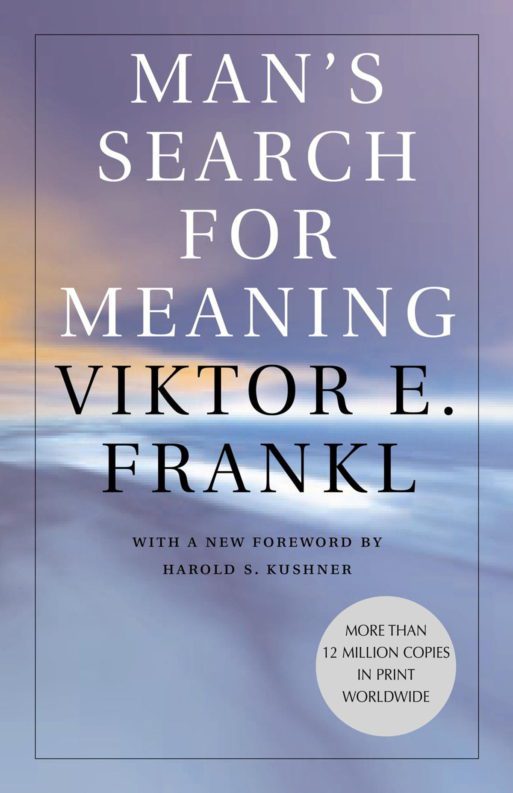 Through Man’s Search for Meaning, Viktor E. Frankl offers a compelling glimpse into the human psyche. The Doctor of psychiatry has seen the full span of human nature, losing his parents, brother and pregnant wife to Nazi death camps, and spending three years laboring in four different camps himself. Unlike many memoirs of the atrocities of the Holocaust, Man’s Search for Meaning takes an altogether scientific lens to life in the camps — through Frankl’s first-person account.
Through Man’s Search for Meaning, Viktor E. Frankl offers a compelling glimpse into the human psyche. The Doctor of psychiatry has seen the full span of human nature, losing his parents, brother and pregnant wife to Nazi death camps, and spending three years laboring in four different camps himself. Unlike many memoirs of the atrocities of the Holocaust, Man’s Search for Meaning takes an altogether scientific lens to life in the camps — through Frankl’s first-person account.
Frankl doesn’t offer much in the way of narrative; the reader should not expect to read his personal story of the Holocaust. Rather, he offers an astoundingly in-depth analysis of the psychology of the prisoners and the guards, based on both his psychiatric knowledge and his first-person observations.
“Fundamentally, any man can, even under such circumstances, decide what shall become of him — mentally and spiritually.”
Based on his own experience and the stories his patients, Frankl argues that we cannot avoid suffering but we can choose how we cope with it, find meaning in it, and move forward with renewed purpose. His assertion is not that we must find the meaning within life, to discover what it is we want from life, but rather to discover what life demands of us and how we must deal with it.
In the latter half of the book, Frankl goes into the academic detail of his theory, known as logo-therapy, focused on this discovery and pursuit of what is meaningful to us. First published in 1959, Man’s Search for Meaning has influenced readers with Frankl’s theories for generations, each demanding to know more.

 “Man’s Search for Meaning” by Victor Frankl
“Man’s Search for Meaning” by Victor Frankl


 “As Tears Go By” by Marianne Faithfull
“As Tears Go By” by Marianne Faithfull

 Funeral Favors Offer Visitors a Tangible Memento
Funeral Favors Offer Visitors a Tangible Memento















